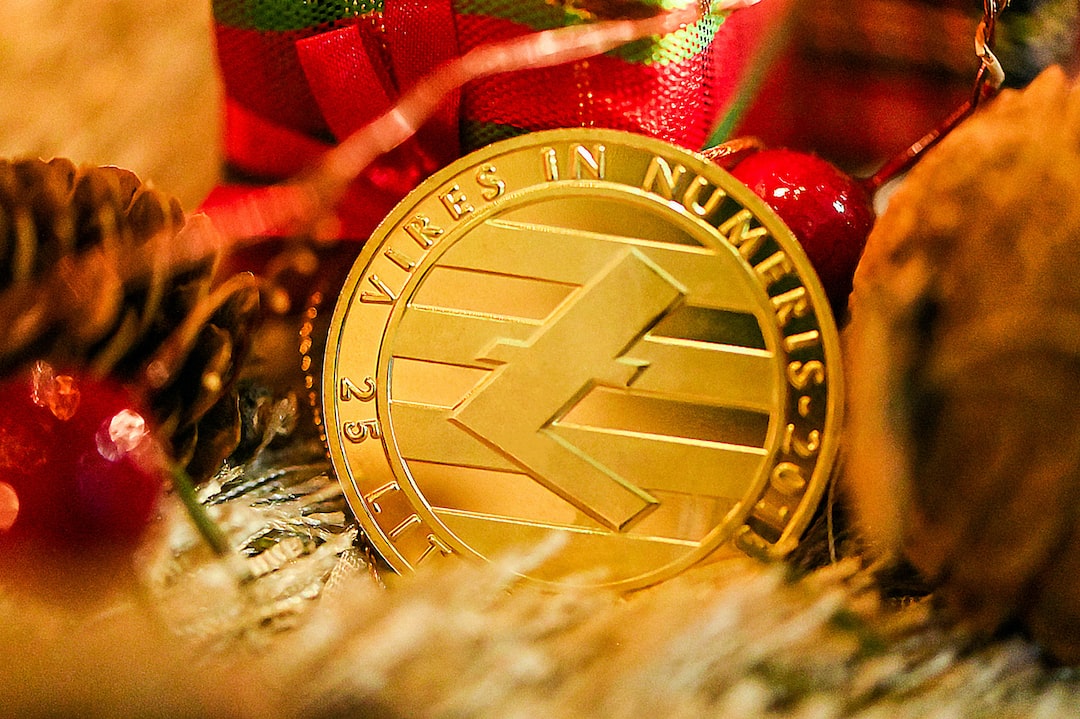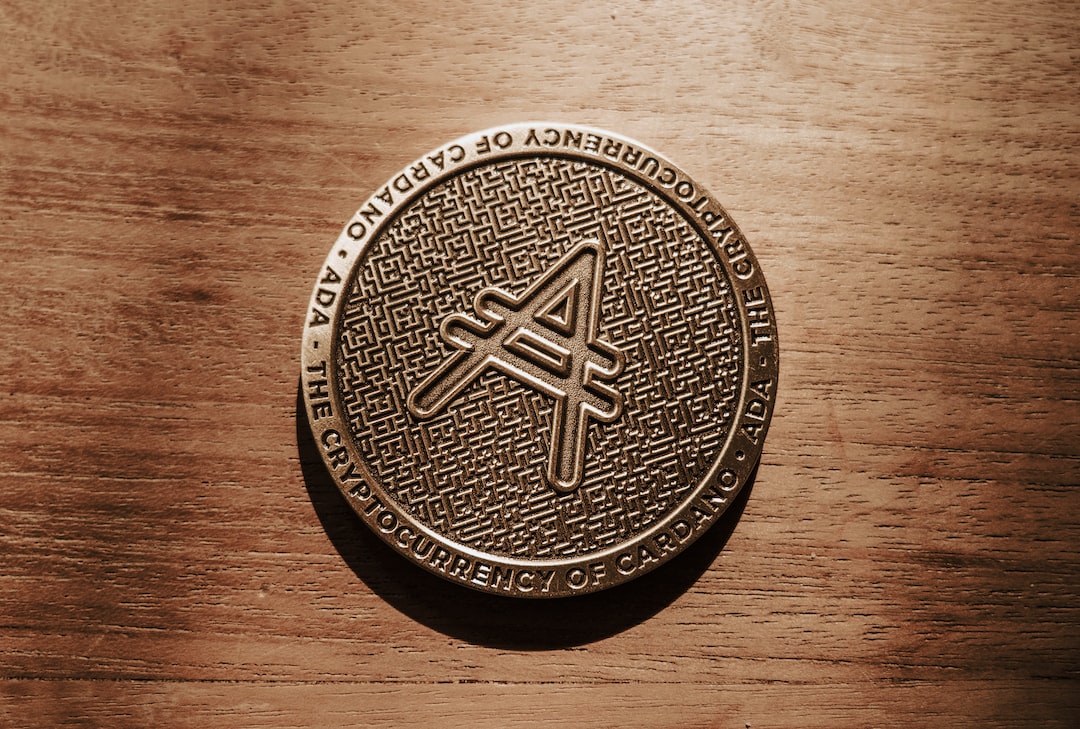India Challenges Residents to Develop Indigenous Web Browser with Crypto Token Signing
India has launched the Indian Web Browser Development Challenge (IWBDC) to inspire and empower technology enthusiasts, innovators, and developers to create an indigenous web browser. The browser is expected to have its own trust store with an inbuilt CCA India root certificate, enhanced security features, and the ability to digitally sign documents using crypto tokens. This initiative is part of Prime Minister Modi’s plan to make India self-reliant in technology and economics. The challenge is open to all creative minds, including academia, industry, start-ups, and individuals. The winner of the challenge will receive a grant of 34 million Indian rupees (approximately $411,000) and additional support for further development of the browser.
Key Points:
- India has launched the Indian Web Browser Development Challenge (IWBDC) to develop an indigenous web browser.
- The browser is expected to have its own trust store with an inbuilt CCA India root certificate.
- One of the key features will be the ability to digitally sign documents using crypto tokens.
- The initiative is part of Prime Minister Modi’s plan for a self-reliant India.
- The challenge is open to all creative minds in academia, industry, start-ups, and individuals.
Hot Take:
India’s challenge to develop an indigenous web browser with crypto token signing is a significant step towards a self-reliant and digitally empowered India. By encouraging innovation and promoting indigenous technology, India aims to enhance security, privacy, and economic growth. The development of a native web browser will reduce reliance on foreign entities and strengthen India’s digital infrastructure. With the potential to cater to a global audience, this initiative has the opportunity to position India as a leader in the digital space.





 By
By
 By
By
 By
By
 By
By

 By
By